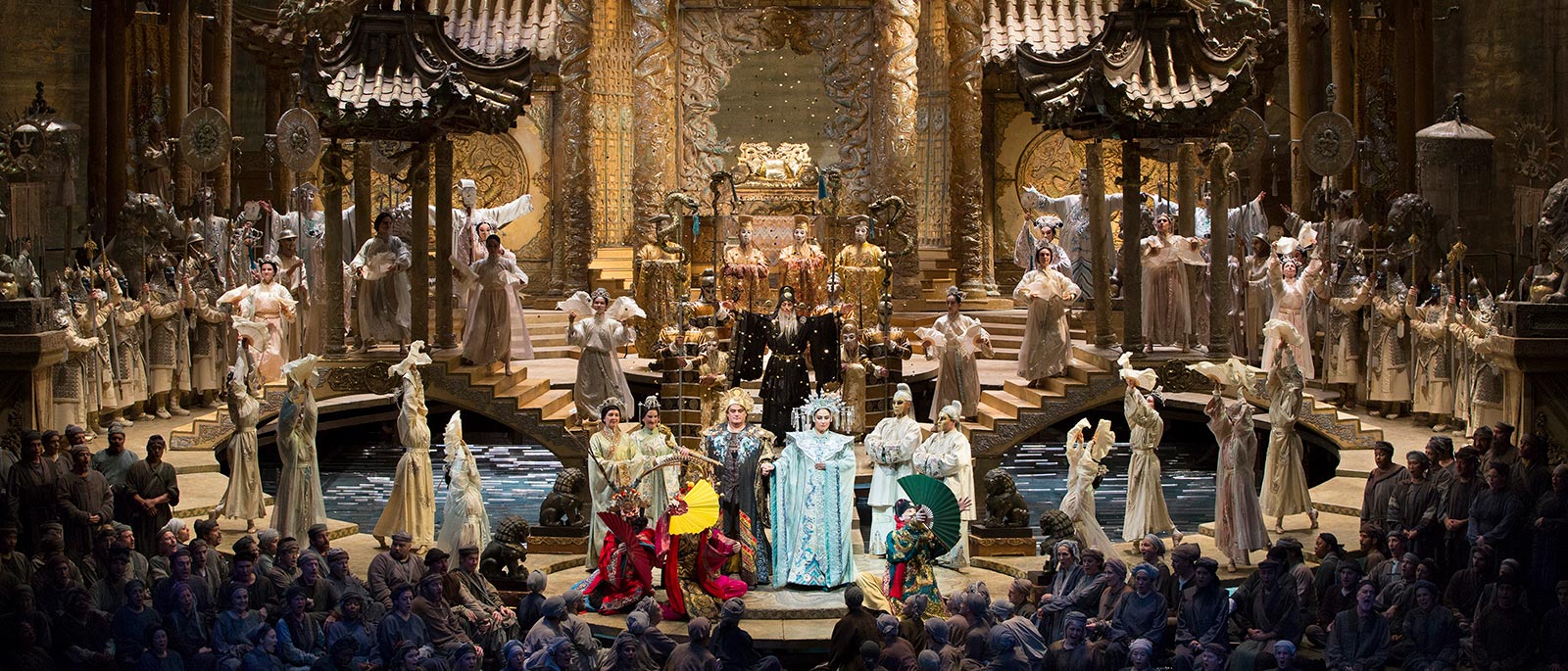

Sellars argued that the director should divert resources from the poppy scene to the great hall set, where roughly 80% of the action takes place. Some decisions were more difficult than others. They eliminated a pattern on the floor of the great hall, and replaced some of the solid ceiling beams with painted panels that created an illusion of solid beams. The Met and the director outsourced some costumes to a shop in Russia, saving $505,896. "Sometimes, we were in a state of war, almost." "I had to watch out and stay faithful to my idea at the same time," he added. Tcherniakov called the negotiations "complicated and ornate" and said he did his best to accommodate their budget. The Met had hoped to start building sets months earlier.

A period of intense negotiations followed, Messrs. But it would cost $5 million, more than $1 million over budget. Tcherniakov had a workable design, calling for a great hall instead of the cityscape. Sellars and a staffer flew periodically to meet with him in Moscow and Madrid.īy February 2013, Mr. Tcherniakov went back to the drawing board-twice-as Mr. At the Met, productions must be easily moved and stored, because one set is taken offstage each night while another is erected for the next morning's rehearsals. His proposed design called for a city scene that was too bulky to fit on the Met's stage. His first design presentation to Met officials, at a meeting in Brussels in June 2012, didn't go well. New York's Metropolitan Opera to Seek Pay Cutbacks From Unions.Who co-created a new version based on Borodin's incomplete score. Instead, he said, the company proposes work-arounds-outsourcing some costumes, creating scenery illusions and reallocating money from costumes to sets-to keep costs in line.įor "Prince Igor," the Met hired the Russian director The assistant general manager for production. "One of the things we try not to do is tell a designer no," said Met officials say the process is more complicated than that, a negotiation in which artistic vision must be tempered by financial constraints. "What we see is pretty much whatever Peter Gelb wants, whatever the director deems necessary, it's done," saidĪ chorus member who sits on the singers' union negotiating committee. By contrast, the Met's biggest investment in recent years, its four-part "Ring" cycle, cost $19.6 million, or an average of $4.9 million an opera, underwritten by a $20 million gift.Ī common refrain among union members is that the Met's general manager, This season's "Eugene Onegin" cost $2.7 million, while "Two Boys" cost $1.8 million. This was on the pricier end of its productions.


 0 kommentar(er)
0 kommentar(er)
